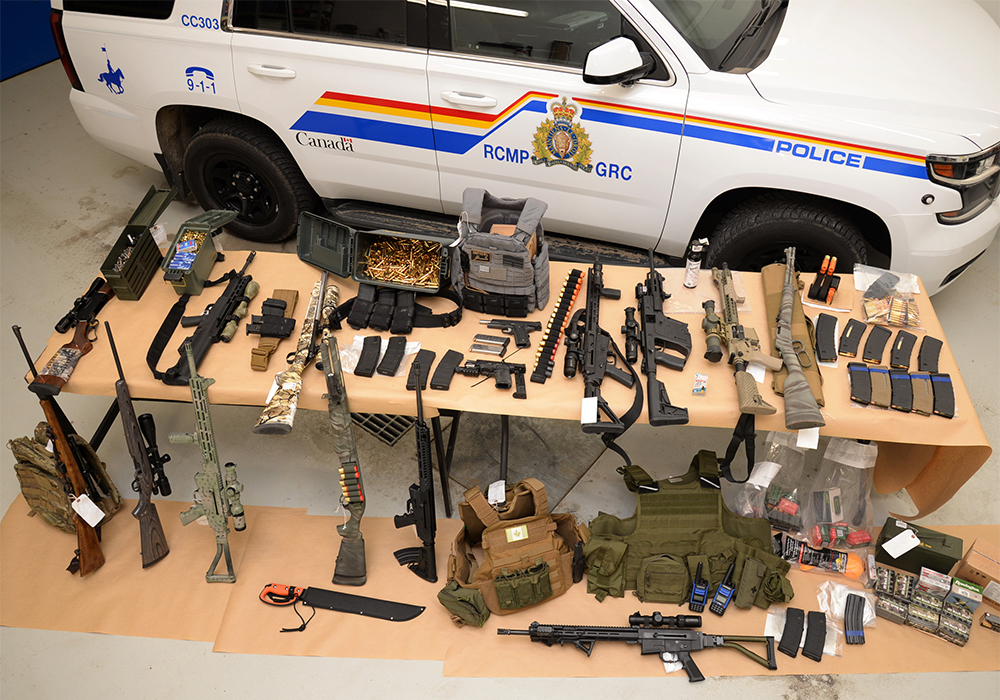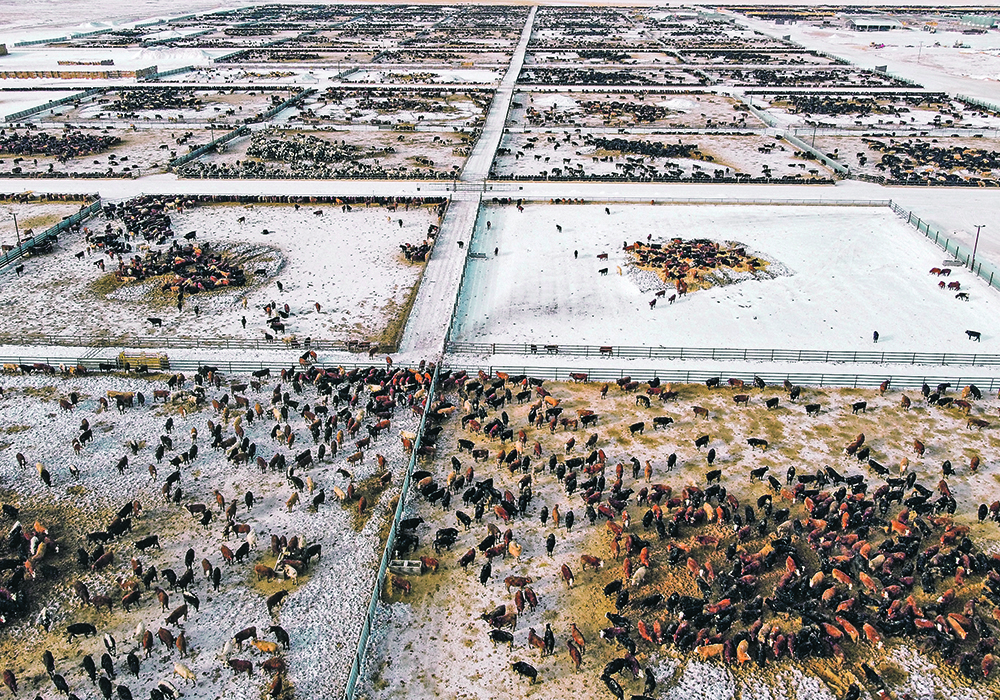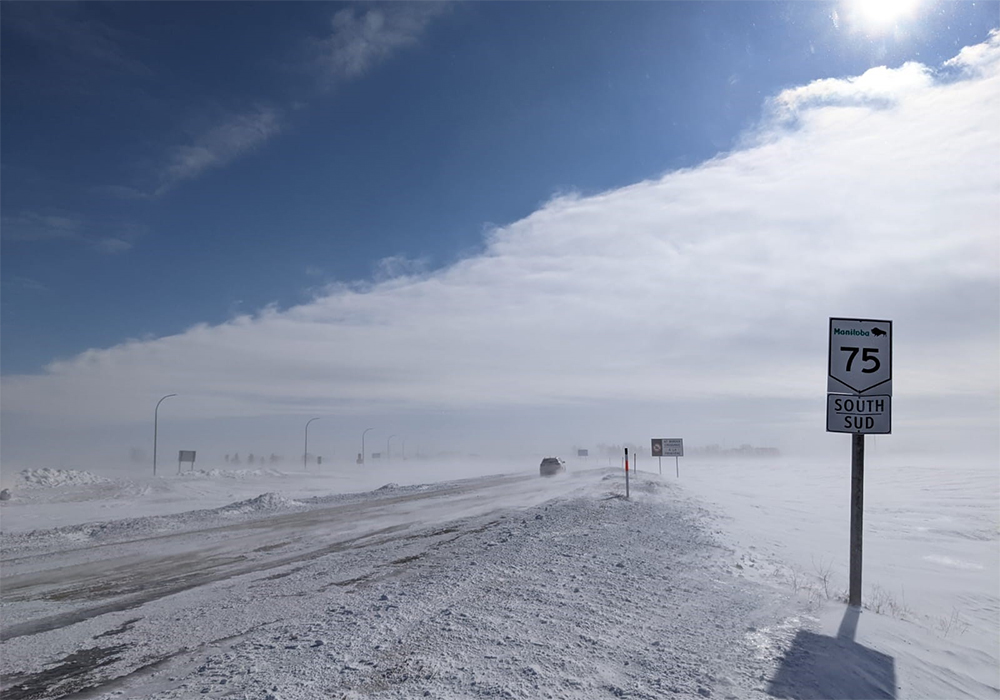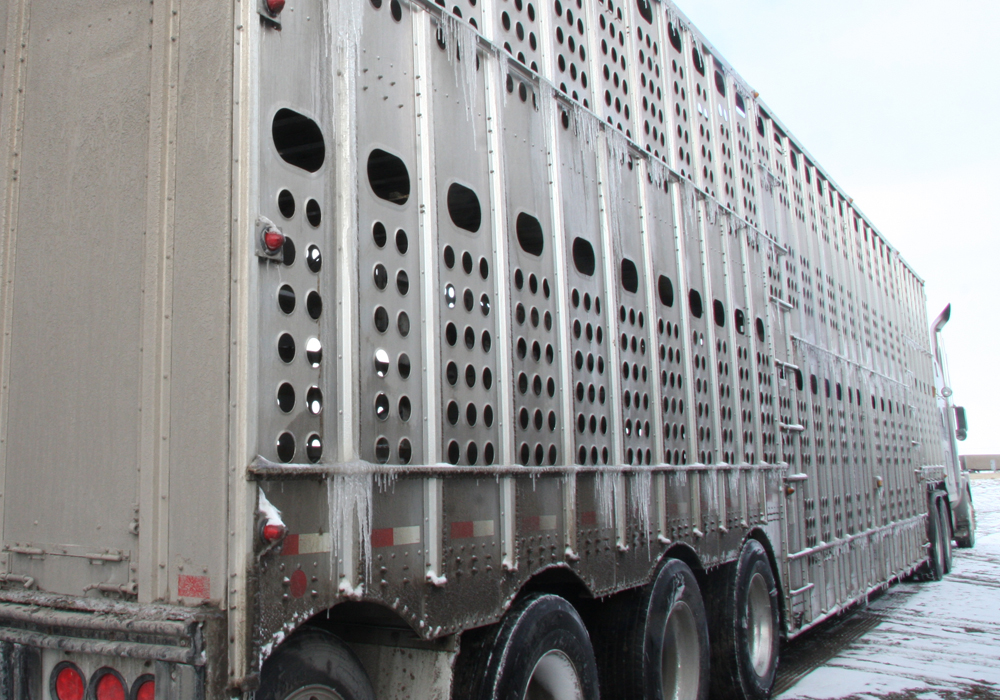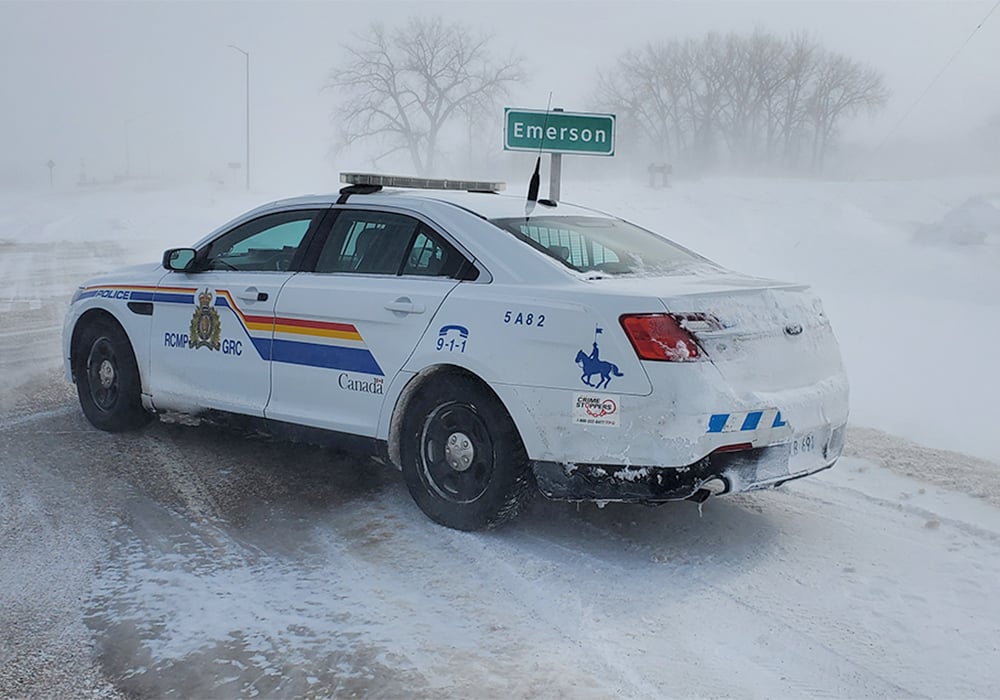The protest led by southern Alberta producers that slowed and then shuttered the province’s primary agricultural border crossing ended peacefully after more than two weeks.
The blockade ended much as it began with a slow rolling convoy of trucks, tractors and cars parading down the highway leading to the Coutts-Sweetgrass international border.
Between Jan. 29 and Feb. 15, regular traffic was slowed, intermittently halted and then subject to a hard shut down following an announcement by Alberta Premier Jason Kenney on Feb. 8 stating he was lifting vaccine passport requirements in the province.
Read Also

Equipment manufacturing may return to Canada
Some ag equipment and automotive manufacturers are now adjusting their production and distribution to avoid tariff costs in relation to supplying the Canadian market.
The protest drew thousands to the Milk River site of the blockade, who made up the bulk of the peaceful crowd present over the course of the demonstration.
But not all present had peaceful intentions.
The end of the blockade came after RCMP arrested 14 individuals who made up an organized militant cell that had infiltrated the main protest group and had amassed a small arsenal of weapons.
More charges are anticipated, according to RCMP chief superintendent Trevor Daroux, officer in command of the southern Alberta district.
“These investigations are ongoing. Every single vehicle that was involved in the illegal protest is subject to charges and the investigation is ongoing and we expect more charges to follow,” said Daroux.
That includes farm vehicles that breached police containment of the Coutts scene.
“You cannot walk away from that,” he said. “The lack of what you see in visible enforcement doesn’t preclude enforcement from coming and the investigation continuing after that.”
Farm tractors breached police containment at least twice during the blockade, most notably early on during the demonstration, which saw agricultural vehicles and trucks blow through barricades set up near Milk River to reach the core protest group in Coutts.
Former Alberta MLA Pat Stier, who was elected in the southwestern corner of the province for the Wildrose Party from 2012-19, expressed surprise at local producers taking part in the protest that could harm the industry.
But as a former producer, he also sympathized with the frustrations over pandemic health restrictions.
“What was going on in the major centres like Calgary and Edmonton and the mid-sized cities like Lethbridge, Grande Prairie and Red Deer did not necessarily apply to the guy in the middle of his field running a tractor by himself,” said Stier.
Pandemic health restrictions that would have taken into account the lifestyle differences of urban and rural populations and work routines could have made a difference, he said.
“We could probably not please everyone but we could probably have made some sense of how we were going to deal with it,” Stier said.
A small contingent of protesters remained at Milk River as of Feb. 18, located at an approved, legal demonstration site.


